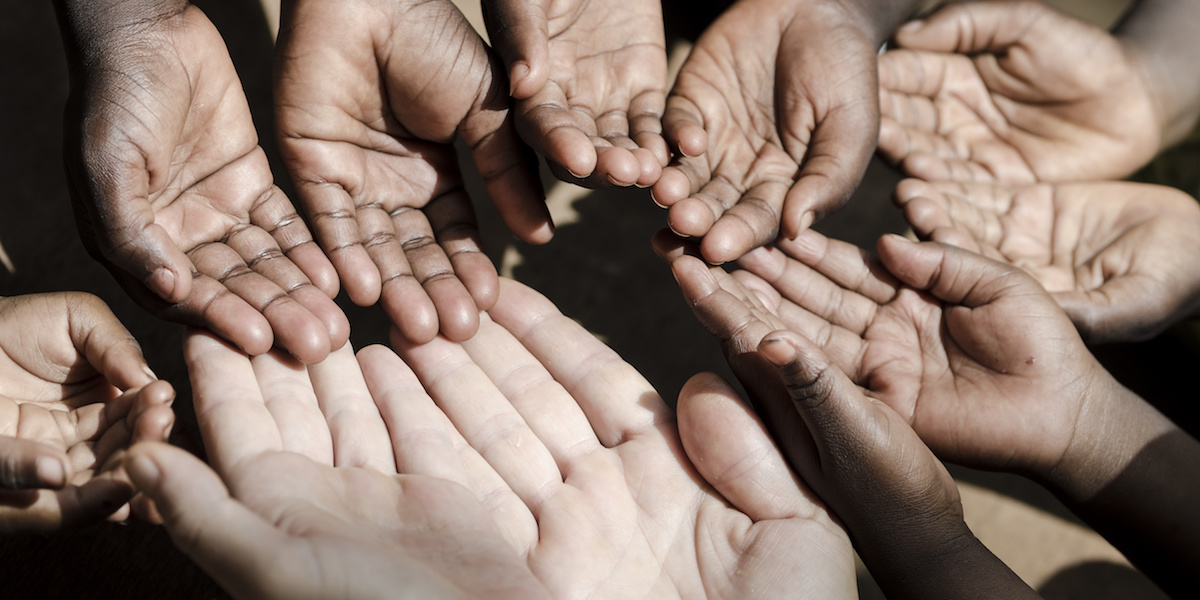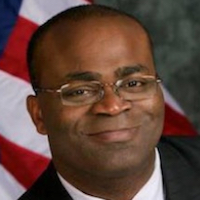
31 Oct 2023 Reparations Won’t Help Black Americans
Are race-based reparations handouts the best way to help struggling black Americans? Politicians making reparations promises seem to believe so, or at least believe that espousing such a policy is necessary in order to appeal to black voters. But, as RFK, Jr. and others are learning, reparations proposals also come with baggage.
 Ambassadors with the Project 21 black leadership network note that reparations policies are discriminatory and unrealistic, and would do nothing to help black Americans in the long run. In fact, if leaders truly want to help black communities, they should start with Project 21’s seminal publication, the Blueprint for a Better Deal for Black America.
Ambassadors with the Project 21 black leadership network note that reparations policies are discriminatory and unrealistic, and would do nothing to help black Americans in the long run. In fact, if leaders truly want to help black communities, they should start with Project 21’s seminal publication, the Blueprint for a Better Deal for Black America.
“What black America needs is the same thing America needs: policies that focus on making America more prosperous, safer and fairer for everyone,” says Project 21’s Keith Cooper. “While RFK, Jr. has changed his stance from race-based reparations — which would never work — to targeted community repair, his ideas seem to be like a ship sailing in the wind, going wherever the political wind blows. When it comes to addressing the communities of which he speaks, one needs not taglines but solid, focused, conservative policies that address root causes of disparities and offer opportunity to those oppressed.”
“Instead of talking about how much money each person gets, let’s increase economic development grants to small business entrepreneurs, particularly in poorer areas of the country,” adds Project 21’s Madeline Brame. “We need to do everything we can to encourage black-owned businesses to start up and prosper.
“Let’s make sure black people have access to small business loans and are able to navigate the bureaucracy,” Brame continues. “We need to focus on keeping black families together and make sure they have the skills and access to get high-paying jobs. Sadly, blacks have always faced challenges in receiving proper health care and preventative treatment. We must change that. Let’s fight to get drugs and criminals out of our neighborhoods. They wreck the lives and future of so many of our children.”
“For the sake of political points, a politician once again plays on the intelligence of black Americans, and then attempts to walk it back when the attempt is brought to scrutiny,” says Project 21’s Martin Baker regarding RFK, Jr. “It is blatantly obvious that race-based reparations would not address the issues that black Americans face, but for a national candidate to patronize by promising credits and redress payments is a slap in the face to the American voter.”
“If we are to address the evils of slavery, we must help lift up blacks living in poverty and despair,” concludes Brame. “We must face problems with seriousness and purpose, with real solutions that will have a lasting positive impact for generations to come.”
In addition to the Blueprint, Project 21 is preparing to release “What Reparations Mean for Black America.” To be alerted when it is published, subscribe to our mailing list here.






